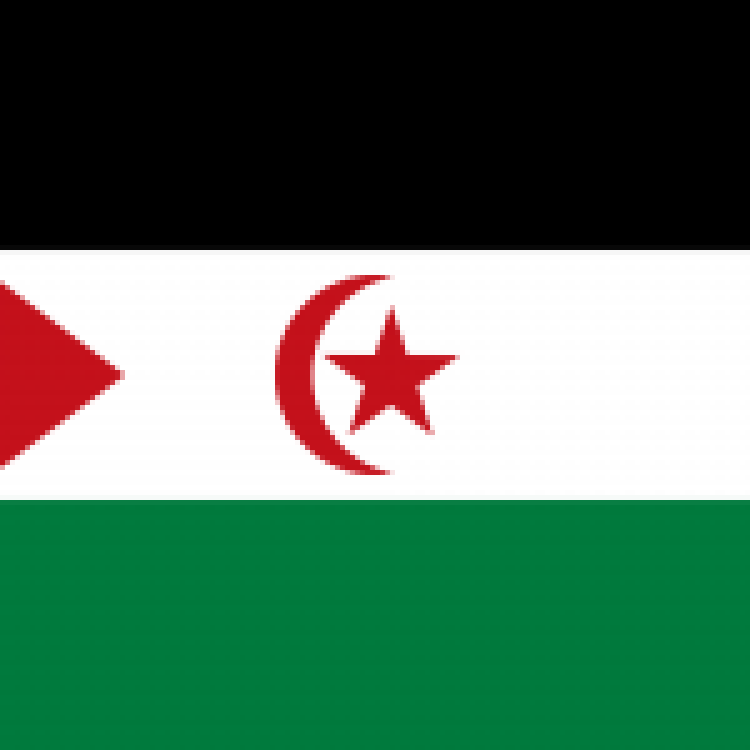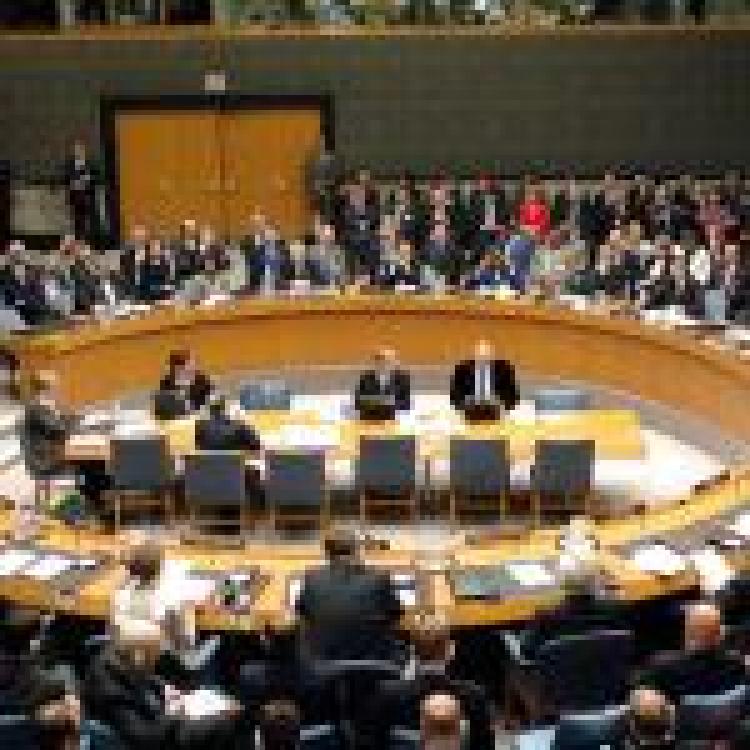The United Nations Security council, last week, extended the mandate of the United Nations Mission for the Referendum in Western Sahara (MINURSO), reiterating the right of the Sahrawi people to self determination.
The resolution extending the MINURSO mandate until 31 October 2019 was passed with 13 votes in favour with 2 abstentions from Russia and South Africa, reports Sahara Press Service.
South Africa abstained from the vote in protest of the resolution failing to mention ongoing rights abuses by Morocco against the Sahrawi people.
The UN has hosted two rounds of talks in fresh attempts to find an amicable political solution to the Western Sahara conflict.
The last few years have seen Morocco labelled as China’s gateway to Africa. In 2016 Morocco hosted the first Sino-African Entrepreneurs Summit, in Marrakech. Later that year, Morocco’s King made a high level state visit to China and secured $10 billion investment plan for China to develop an industrial city in Morocco’s northern city of Tangiers. Morocco also dropped visa requirements for Chinese tourists in response to deepening relations.
Morocco’s strengthening relations with modern day China stem from the inception of the People’s Republic of China (PRC). Following the end of the civil war between PRC and Taiwan, Morocco was the second country in Africa to recognise the People’s Republic of China and establish diplomatic relations in 1958.
Despite China’s deepening economic ties with Morocco and historic trend of supporting non-intervention at the UN Security Council, it has continued to allow US backed Security Council resolutions on Western Sahara self-determination to pass.
Responding to the resolution, Frente Polisario, the main representatives of the Sahrawi people said,
“The Frente POLISARIO reaffirms that the only practicable, realistic and enduring solution is one that grants our people their inalienable right to decide their own fate freely, democratically and without preconditions. The raison d’être of the Frente POLISARIO is to defend the inalienable rights and legitimate aspirations of the Sahrawi people and we will accept nothing less than the full respect for our people’s inalienable right to self-determination and independence.
By renewing the Mission’s mandate for six months for the third consecutive time, the Security Council has reaffirmed its commitment to advancing the UN peace process in Western Sahara, despite the strong opposition of those who seek to maintain the status quo. We regret, however, that the Security Council has missed a significant opportunity to follow through on its commitment to end the status quo and demand that Morocco cease its illegal occupation of Western Sahara.
The failure of the Security Council to unequivocally condemn Morocco’s destabilising actions and rampant bad faith efforts only emboldens the Moroccan occupying power to persist in its intransigence, and undermines an already fragile political process. We have already seen the damaging effects of the Security Council’s silence. In recent months, Morocco has increased the pace and magnitude of its violations to the ceasefire and brutally repressed the Sahrawi population living in the occupied territories. Morocco has done its utmost to disrupt and derail the UN-led peace process, including by refusing to undertake confidence building measures to demonstrate its willingness to make progress on the political track. These threats to peace require a clear response by the Security Council and Morocco must be held accountable for its actions.
The Frente POLISARIO reaffirms its sincere and constructive cooperation with the efforts of the UN Secretary-General and his Personal Envoy, President Horst Köhler. We remain ready to engage constructively in UN-facilitated direct negotiations between the two parties. It is therefore imperative that the Council move ahead urgently to reinforce the political process and to ensure that the next stages deliver tangible outcomes for our people and fully respect their inalienable right to self-determination and independence.”


